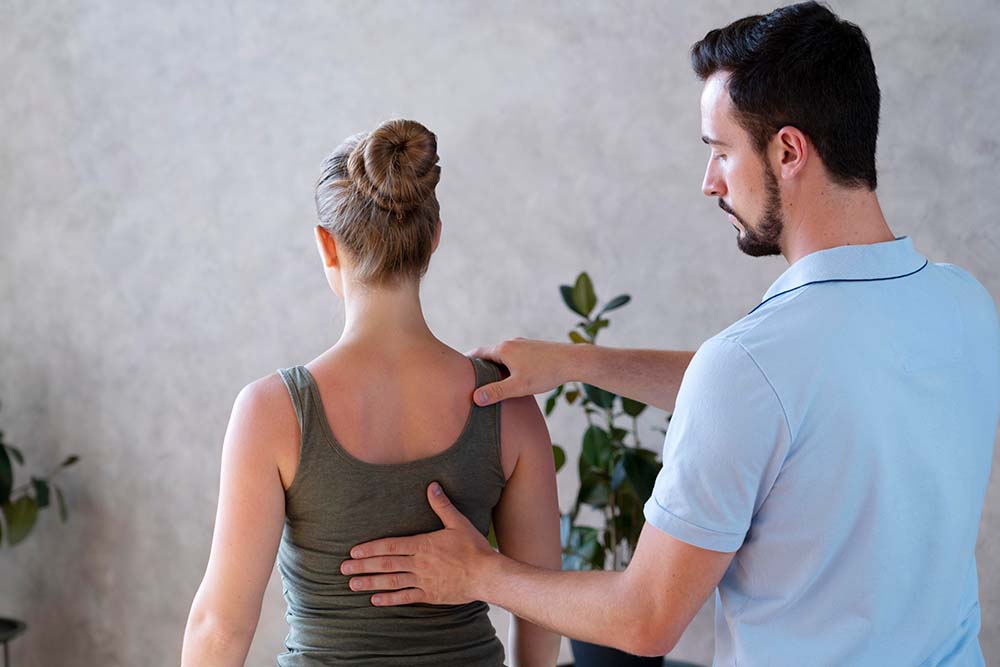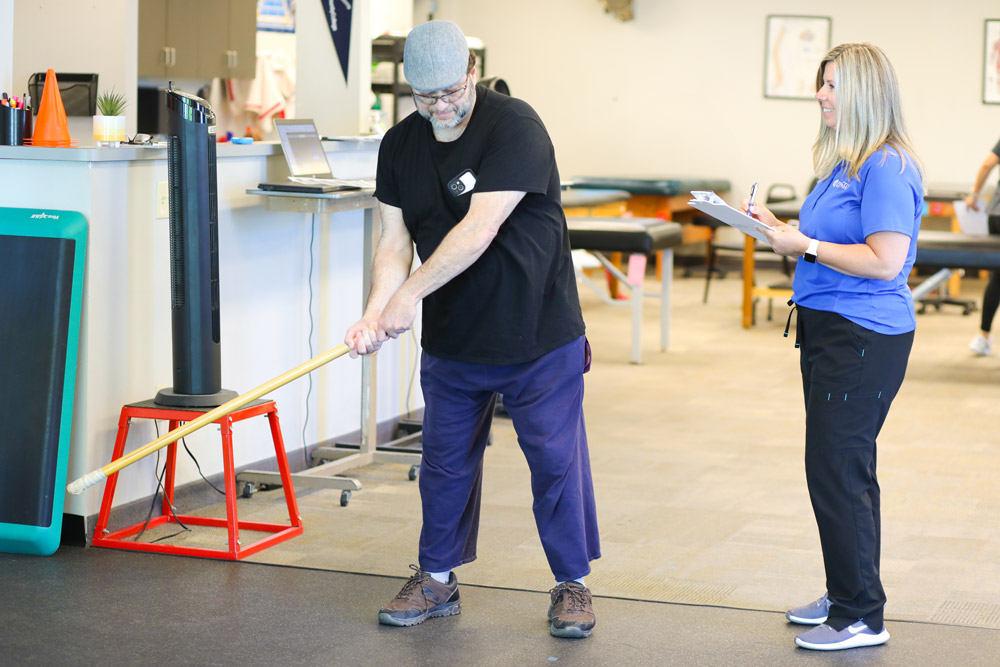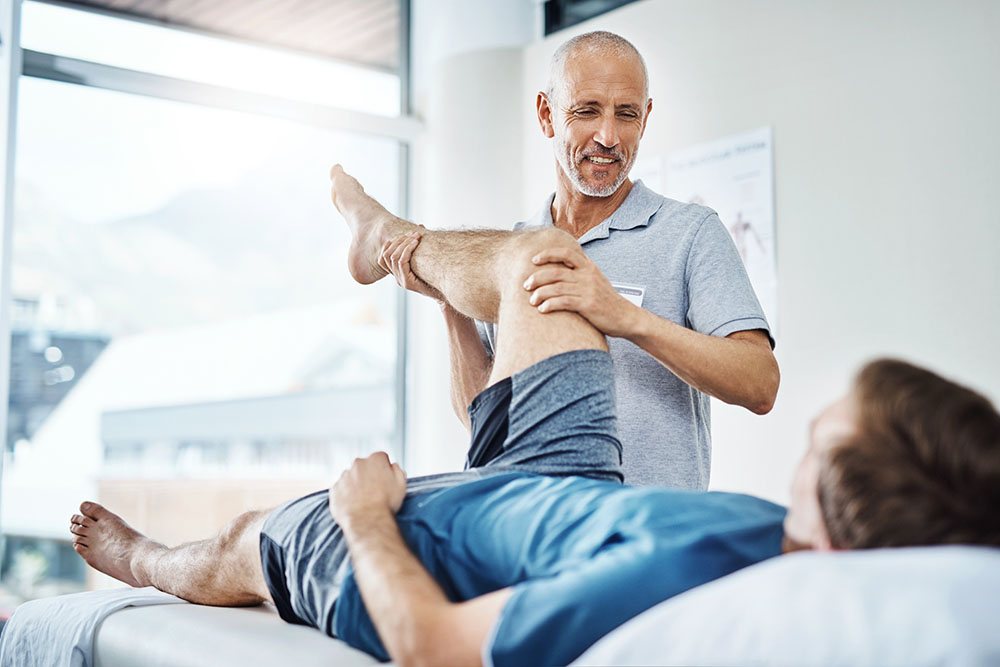Summer means road trips! It’s the season to pack up the car and hit the road to explore new destinations while spending time with friends and family. As enjoyable as they are, be aware that driving for long hours can cause health problems, here are a few road trip tips to help you develop a plan for back pain prevention.
Road Trip Tips #1 – plan and pack well
This might be common sense, but I often hear of people getting injured because they didn’t consider the physical toll that activity might take on them. For instance, if your trip involves several days at an amusement park, consider walking as one of your road trip tips to build endurance several weeks in advance so that crisscrossing the park is easier.
Be sure to pack worn-in shoes. You don’t want to be breaking in a new pair of shoes only to find out that they are causing blisters and foot/knee/hip/back pain—not fun at all!
Finding a good backpack or fanny pack can also decrease the load on your shoulders. I personally love cross-body straps for my camera bag. Take the time before your trip to try out different bags, but be mindful to not overload your bags.
Finally, consider adding extra time to the drive to allow for rest stops. Apps such as Trip Advisor can show you unique attractions along your route. My sister used this on our last road trip and it was really great for making memories! We got our blood pumping by checking out new stuff and decreased road fatigue at the same time.
Tip #2 – stay hydrated
Drinking water and eating healthy snacks such as veggies, fruits, and quick protein like cheese sticks and nuts will help keep your energy up throughout the journey. My daughter likes to call it staying “energized-up,” which helps keep us happy and avoid crankiness on the road.
Staying hydrated can also help decrease muscle cramps and common complications of dehydration like lightheadedness, dizziness, and nausea. Drinking water and eating water-rich fruits and veggies such as watermelon, grapes, and cucumbers can keep us hydrated naturally. Fun summer treats like natural popsicles and low-sugar snow cones can also help keep us hydrated.
Tip #3 – keep moving
Taking time to walk around and perform light exercises at each stop, like ankle pumps, can help keep muscles active to reduce swelling and blood clot risk. I encourage people to get out and walk around every one to two hours depending on their condition. Light stretches can decrease muscle tightness and fatigue.
Also, consider finding hotels or campgrounds with a pool. Getting in the pool after a long day in the car is one of my favorite things to do after a long road trip.
Tip #4 – check your posture
Simple changes in seating position can make your trip more comfortable. Remember to add any lumbar support you might need, and set your headrest to the proper position. Small towels can be folded or rolled to add extra lumbar/hip/arm support if needed. Keeping your arms in a more relaxed position with elbows by your side instead of elevated while you are driving can help decrease upper back and neck tension.
A very common postural condition with rounded shoulders and a forward head can lead to a variety of neck and shoulder problems. A simple posture reset including a few shoulder blade squeezes and chin tucks can help remind you of good posture, relieve tension, and help with back pain prevention.
If you are a passenger, be mindful to avoid looking down at your phone or book for too long. Several years ago, I was in the back seat editing photos on my phone for several hours on a road trip home and wasn’t keeping the best posture. Afterward, I had neck pain for the next three weeks! Take home message: be mindful of your posture and take regular breaks to correct your posture during the day.
Final Road Trip Tips #5 – take your exercises with you
Often we get clients who have to interrupt their physical therapy due to a planned trip. Instead of taking a vacation from your exercises, think about ways to incorporate part or all of your home exercises into your routine while traveling. Resistance bands, portable yoga mats, and good walking shoes are all easily packable items you can take anywhere and are perfect to add to your road trip tips planning.
I hope these road trip tips have been helpful! Be sure to speak with your physical therapist at ProActive Physical Therapy for specific recommendations including positioning and posture in the car, getting in and out of the car safely, and back pain prevention. Most of all, remember to pace yourself and take your road trip one mile at a time to make it the best one yet!
Happy traveling!






